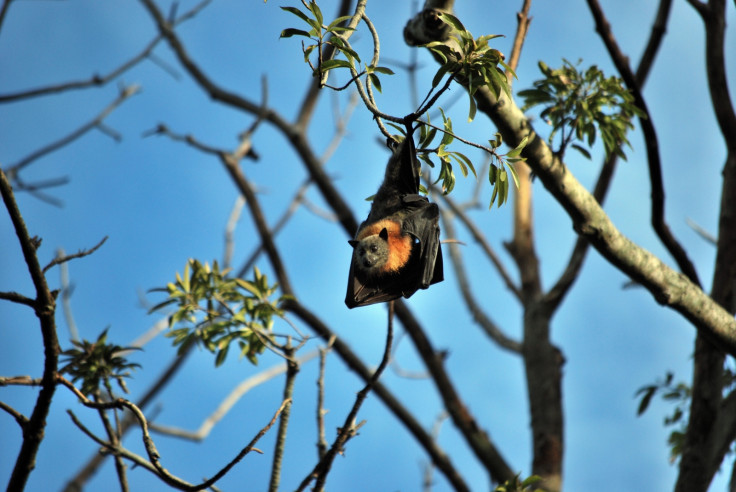Bats Have Perfected Signals Jamming Techniques In Race For Food

When it comes to competition for food, no animal is altruistic. Not even the "blind bat". Turns out bats jam sound signals of other bats when zoning for food.
The nocturnal mammals bounce sound waves off nearby objects in a process called echolocation to get a feel of the way around as also to check for potential preys.
The high-pitched sounds echo as they bounce off their prey. The study found Mexican free-tailed bats emit another kind of sound that interferes with sonars of bats competing for moths.
The sounds were also similar to those used by the moth to block the bats' sonar and avoid becoming dinner.
The scientists using cameras and microphone arrays noticed the interference at one such meal time. It was similar to the method used to jam sonar and radar.
"They get into amazing aerial dogfights," said William Conner, a biologist at Wake Forest University in Winston-Salem, North Carolina told LiveScience.
By playing back the recorded signals, the scientists were able to ward off bats homing in on prey, showing that the signals were jamming signals.
The team is now out to find the exact mechanism of the jammers and if it involves neuron networks.
© Copyright IBTimes 2024. All rights reserved.








